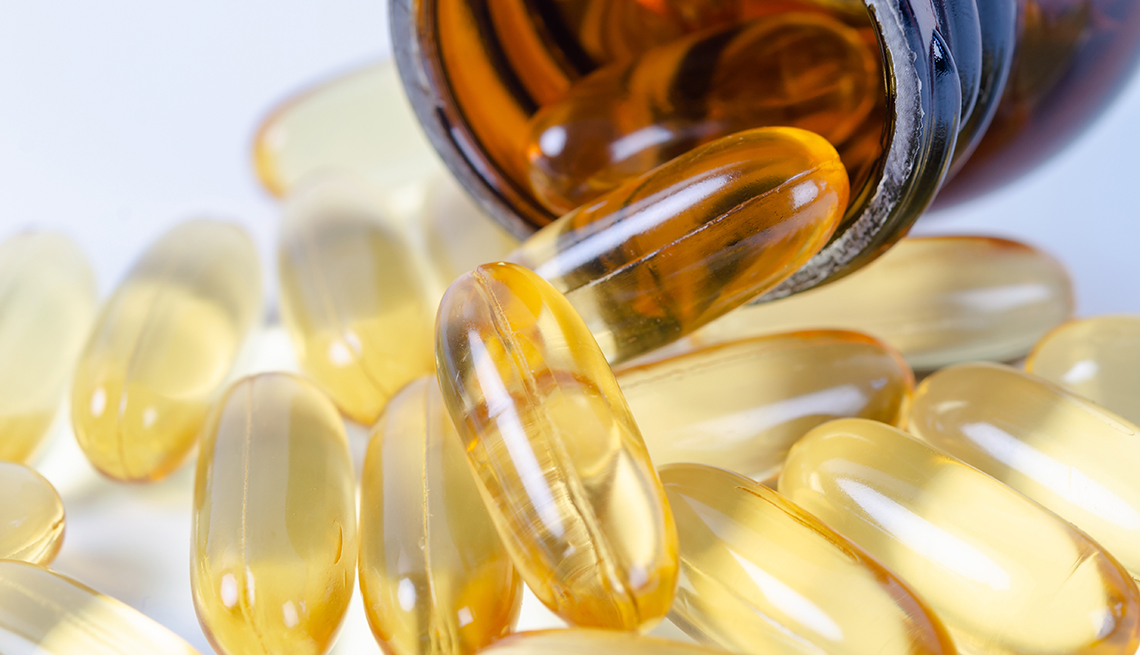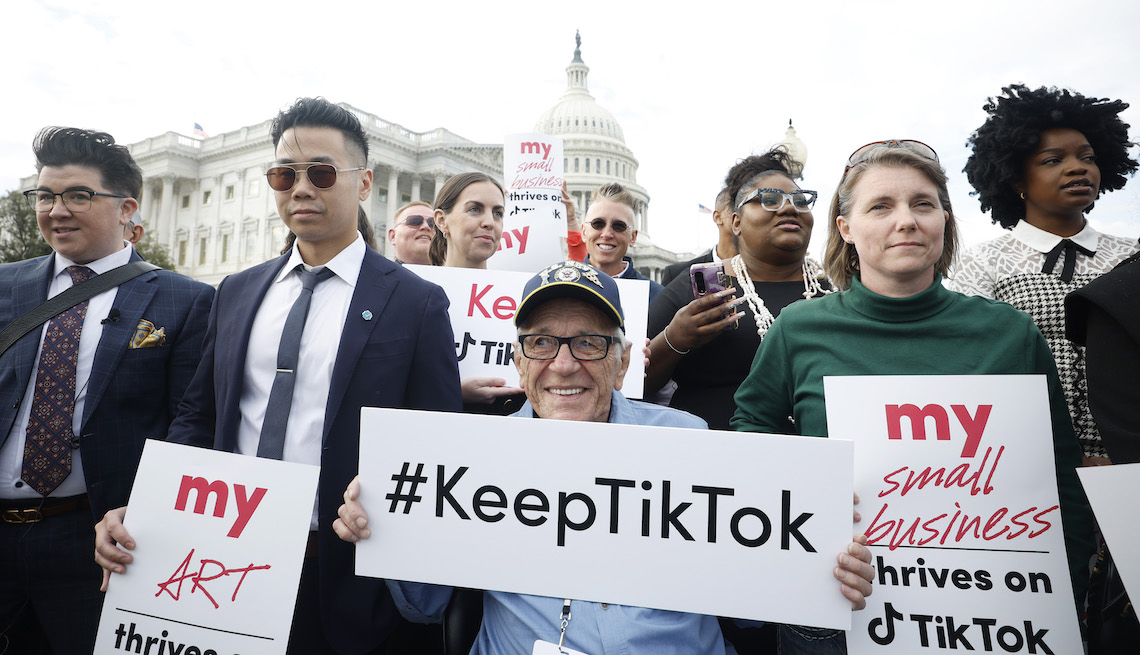
- Select a language for the TTS:
- UK English Female
- UK English Male
- US English Female
- US English Male
- Australian Female
- Australian Male
- Language selected: (auto detect) - EN
Play all audios:
A big reason patients are passing on the pill, experts say, is misinformation. “Unfortunately, many U.S. consumers believe cholesterol health supplements are safer than prescription
medications and believe supplements are as effective, or more effective, than statins,” says Luke Laffin, M.D., study coauthor and codirector of the Center for Blood Pressure Disorders in
the Heart, Vascular & Thoracic Institute at Cleveland Clinic. For this recent study, 190 participants between the ages of 40 and 75 were randomized to take one of eight pills for 28
days: the low-dose statin medication rosuvastatin (5 mg daily), a placebo, fish oil, cinnamon, garlic, turmeric, plant sterols or red yeast rice. Those who took the statin saw a nearly 40
percent reduction in LDL cholesterol and a 24 percent decrease in total cholesterol. Blood triglycerides (a type of fat found in the blood) were also reduced. Participants taking the
supplements or placebo, however, saw no significant benefit. What’s more, no adverse events were reported in any of the groups. “The safety of statins has been established over decades in
studies involving literally millions of patients,” Nissen says, adding that some people may experience muscle aches when taking a statin, but that can typically be alleviated by adjusting
the dosage or switching brands. “This is a class of medication that's probably made more of a difference in reducing the morbidity and mortality of heart disease than any other drug
class ever developed,” Nissen adds. OPTIMAL CHOLESTEROL LEVELS Curious what numbers are considered normal? * TOTAL CHOLESTEROL: About 150 mg/dL * LDL (“BAD”) CHOLESTEROL: About 100 mg/dL *
HDL (“GOOD”) CHOLESTEROL: At least 40 mg/dL in men and 50 mg/dL in women * TRIGLYCERIDES: Less than 150 mg/dL _Source: Centers for Disease Control and Prevention _ The authors note a
few limitations to the study. The sample size was relatively small and not very diverse, and its duration was 28 days, which was long enough for the statin medication to make a difference in
cholesterol levels, but, as Laffin told the American Heart Association, “it is unknown if some of the supplements may require a longer time to have any effect on cholesterol.” The Council
for Responsible Nutrition, the leading trade association representing the dietary supplement industry, released a statement Nov. 6 in response to the study, saying its design “misses the
point of supplementation.” The group’s Senior Vice President of Scientific and Regulatory Affairs Andrea Wong said, “Dietary supplements are not intended to be quick fixes and their effects
may not be revealed during the course of a study that only spans four weeks, particularly on a multifactorial condition like high cholesterol.”







